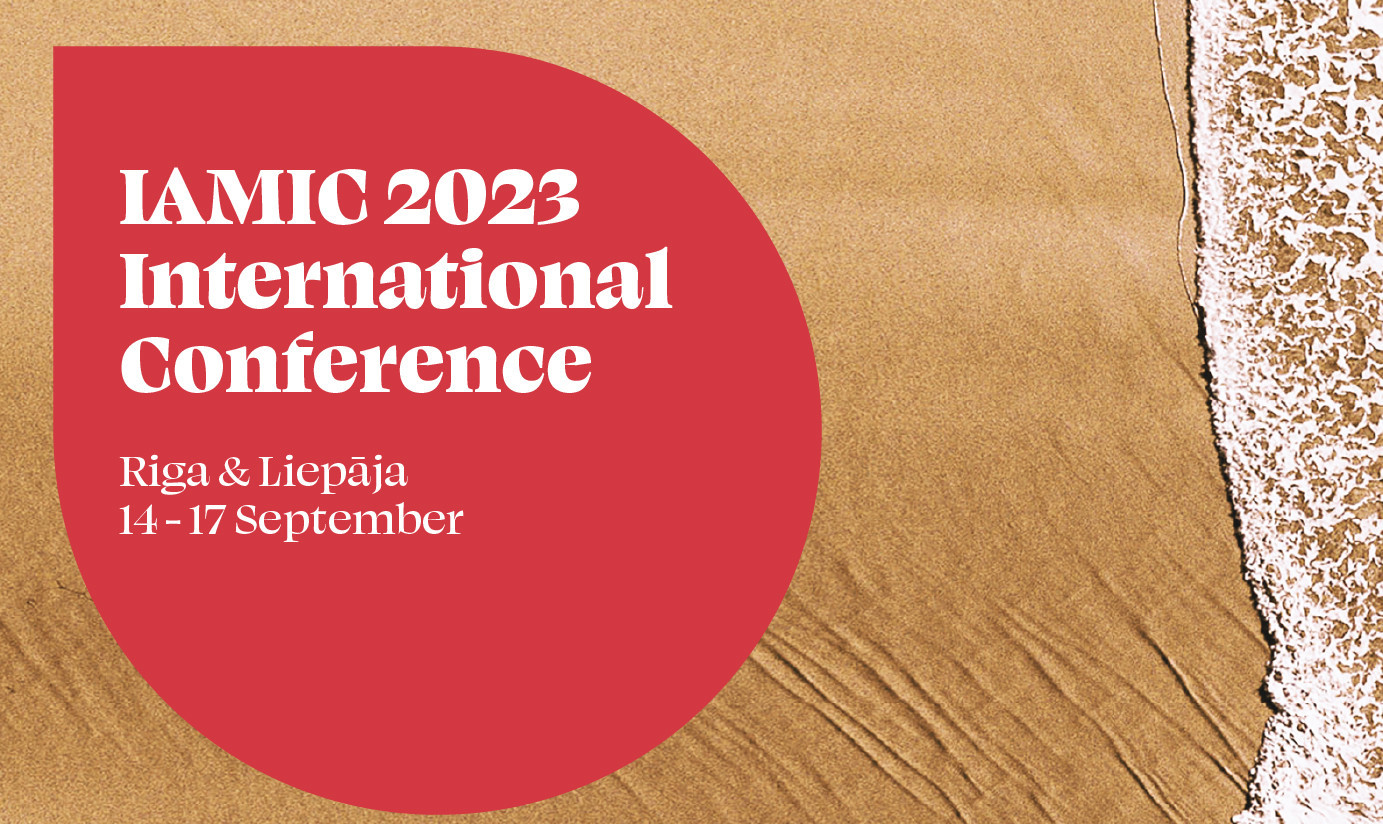IAMIC (International Association of Music Centres) is an international network of organisations that collectively and collaboratively provides information and promotes the music of their countries or regions. Each year IAMIC hosts a conference on important subjects for the music sector. This year the international conference is organized by the Latvian Music Information Centre and took place from September 14-15 at the National Library of Latvia and from September 16-17 at the Great Amber Concert Hall in Liepāja.
The speakers and panelists of the conference discussed a series of important questions for the field of music: What is the future of music education and what role it plays in audience development? How to retain the audience in the digital era? What constitutes a healthy music ecosystem? Censorship/self-censorship versus freedom of expression. What are the emerging trends in contemporary choral music? Contemporary/alternative music and it’s role and challenges in the fabric of culture today: how to maintain it’s own unique voice while maintaining broader appeal? What role AI will play in the future of music creation? What is the future of music NGO’s and how can they continue to serve the music sector?
Alongside IAMIC members, the conference featured lectures and panel discussions from experts of Riga Cathedral Choir School, Jāzeps Vītols Latvian Academy of Music, Latvian Radio Choir, Latvian National Symphony Orchestra, Latvian Academy of Culture, Liepāja University, Institute of Electronics and Computer Science, and others.
__________________
IAMIC 2023 Conference hosted by Latvian Music Information Centre Riga, September 15 / Latvian National Library
Edgars Raginskis is a Latvian composer, musicologist, culture journalist, and a PhD candidate at the Hong Kong Baptist University Department of Music, under the supervision of Professor John Winzenburg. He is researching musical censorship in the Composers’ Union of the former Latvian Soviet Socialist Republic.
From the intensification of the aggressive expansionist politics enacted by the Russian Federation in their neighbouring countries of Georgia (2008) and Ukraine (2014), such claims as “We need to separate art from politics!” and “Art is a manifestation of Russia’s soft power!” have increasingly become a part of public discourse when evaluating possible attitudes towards the Russian music and musicians. These attitudes polarised when the Russian Federation invaded Ukraine on February 24, 2022. They resulted in cultural policy changes of varying degrees worldwide and in the Baltic states of Latvia, Lithuania, and Estonia, in particular. This paper examines the changing attitude trajectories towards Russian music of the present and the past, the argumentation behind the partial exclusion of Russian music and artists from the concert scenes and public sphere of the Baltic countries, the practical application of the principle of viewing contemporary Russian music environment as a propaganda vehicle of the foreign policy of Russian Federation, and the metamorphosis of the Latvian, Lithuanian, and Estonian cultural landscape since the beginning of the war in Ukraine.
KEYWORDS: cancellation, censorship, war, Russian, music, Baltics

